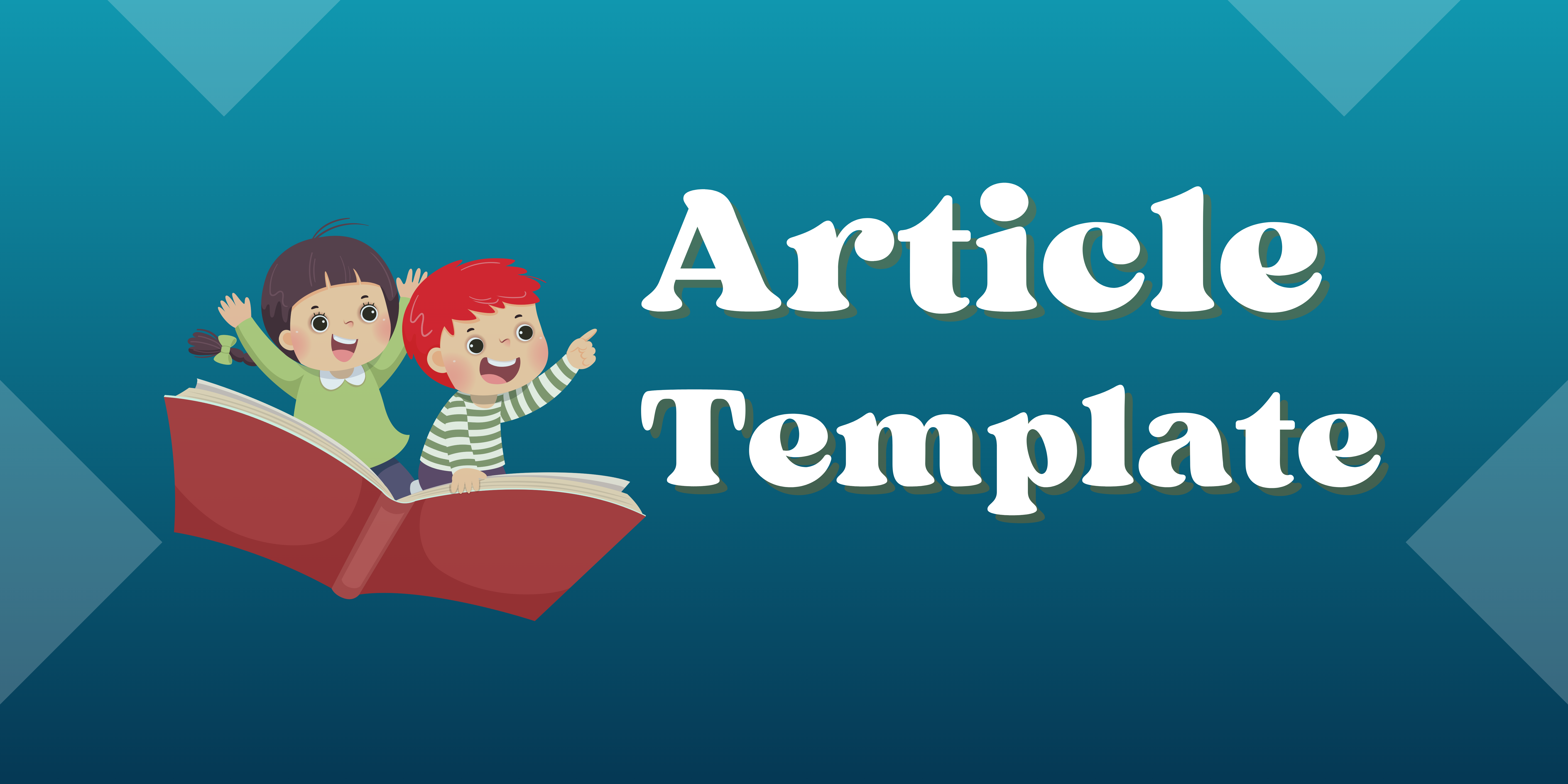Publication Ethics
To guard quality scripts and avoid violations of publishing/plagiarism in the publishing process, the editorial board set up the ethics publication Journal of Education. Rules of ethics for publication are applicable to the writer/author, editor, reviewer, and manager of the journal/editorial. Publication ethics refers to the Committee on Publication Ethics (COPE).
Author Ethics
- Reporting: the author must give information about the process and results of his research to the editorial in a way that is honest, clear, and thorough, as well as still save his research data in a good and safe way.
- Originality and plagiarism: the author must ensure that the script that has been sent/handed over to the editor is script original, written by himself, sourced from ideas and concepts alone, and not plagiarize work written or other people's ideas/concepts. Authors are prohibited from changing the name of the cited source reference with another person's name.
- Repetition delivery: the author must inform that the submitted/sent script to the editorial is unfinished. Once sent/handed over to the publisher journal/publication other. If there is “redundancy” in the delivery script to the publisher, then the editorial will reject the submitted script writer.
- Author status: the author must inform the editorial that the writer's competence or qualification in field expertise is certainly appropriate with field knowledge publication, namely librarianship. The author who submitted the script to the editorial is the writer first (co-author) so that if a problem is found in the process of publication, the script can be quickly completed.
- Error writing script; the writer must be quick to inform the editor of found errors in the writing script, good review results, and edit results. Error writing the covers, name, affiliation/agency, quotations, and other writings that may reduce the meaning and substance of the script. If the thing happens, the writer must quickly propose a repair script.
- Disclosure of conflict; the author must understand ethics and publication scientific above to avoid the existence of conflicting interests with others so that the script can be processed in a smooth and safe way.
Editor's Ethics
Publication decisions: the editor must ensure the review process script is comprehensive, transparent, objective, fair, and wise. This is the basic editor's decision to reject or accept a script. In this case, the editorial board plays a role in the team selection script.
- Information publication; the editor must ensure that guide writing scripts for authors and other interested parties can be accessed and read in a clear, good version print and also electronics.
- Distribution of peer-reviewed manuscripts; the editor must ensure reviewers and materials script for review, as well as inform manuscript review terms and process in a way clear to the reviewer.
- Objectivity and neutrality: the editor must be objective, neutral, and honest in the edit script, without differentiated types of sex, side business, ethnicity, religion, race, intergroup, and citizenship writer.
- Confidentiality; the editor must guard every information with good, especially related to privacy, author, and distribution of the script.
- Disclosure of conflict; the editor must understand the ethics of publication above to avoid the existence of conflicting interests with others so that the publishing process is smooth and safe.
Reviewer Ethics
- Objectivity and neutrality: the reviewers must be honest, objective, unbiased, independent, and just side with the truth scientifically. The review process script is done professionally without differentiated types of sex, side business, ethnicity, religion, race, intergroup, and citizenship writer.
- Clarity source references; the reviewers must ensure that source references/citations script is appropriate and credible (can be accounted for). If there is an error or deviation in writing source references or citations, reviewers must be quick to inform the editorial. Corrections are done by the author in accordance with notes from reviewers.
- Effectiveness of peer review: the reviewers must respond to the script that has been sent by the editor and work by the time the review manuscript (peer-reviewed) has been determined (maximum 2 weeks). If needing time addition in the manuscript review, you must quickly report (confirm) to the secretariat editorial.
- Disclosure of conflict; the reviewers must understand the ethics of publication above to avoid the existence of conflicting interests with others so that the publishing process is smooth and safe.
Management Ethics Journal
- Retrieval decision: The manager of the journal/editorial board must describe the mission and goals of the organization, especially those related to determining policies and decisions for publishing a journal without the existing interest being certain.
- Freedom: The manager of the journal must give freedom to the reviewers and editors to create an atmosphere of comfortable work as well as value privacy as a writer.
- Guarantees and promotions: The manager journal must guarantee and protect the intellectual riches created and transparent in managing funds received by the third party. In addition, the manager journal must publish and promote results publication to the public with guaranteed benefits in the use of the script.
- Disclosure of conflict: The management journal must understand the ethics of publication above to avoid the existence of conflict of interest with others so that the publishing process script walks smoothly and safely.




